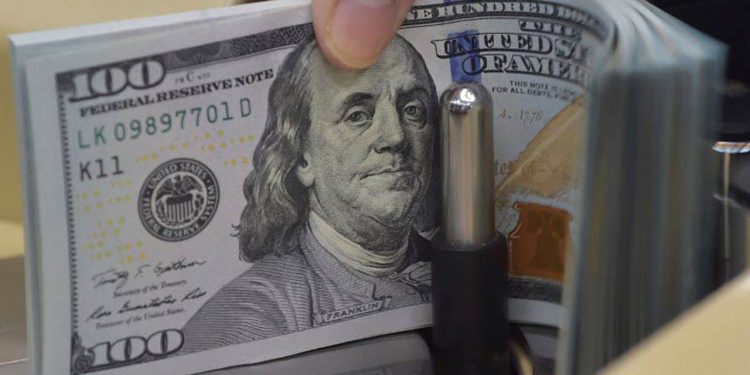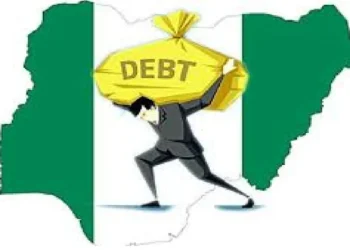The Nigerian naira exhibited a mixed performance recently, with movements indicating both strength and vulnerability across official and parallel markets. As of October 25, 2024, the currency experienced a slight decline in the parallel market, depreciating by 0.12% to trade at N1,730 to the U.S. dollar, down from its prior value of N1,728. This marked the second consecutive day of slight depreciation, following a brief rally on October 23, when the naira appreciated to N1,725 per dollar.
Meanwhile, in the official Investors and Exporters (I&E) window, the naira showed resilience, reversing a three-day decline to close at N1,601.20 per dollar, representing a 3.03% improvement from its previous rate of N1,654.09. This uptrend highlights ongoing market adjustments as the Central Bank of Nigeria (CBN) continues to implement policies designed to stabilize the currency amid ongoing economic challenges.
Widening Gap Between Official and Parallel Rates
The spread between the official I&E rate and the parallel market rate has grown substantially, reaching N128.80, up from a prior difference of N73.91. This widening gap underscores the ongoing pressure in the foreign exchange (FX) markets and the strong demand for dollars, which remains a primary challenge for Nigeria’s monetary policymakers.
According to recent data from the Nigerian Association of Foreign Exchange Merchants (NAFEM), trading volumes in the I&E window surged to $230.99 million, a significant increase from the previous day’s $136.68 million. This jump in trading volume reflects heightened activity and dollar demand, suggesting that both local and foreign investors are closely watching the currency’s performance amid global and domestic economic developments.
Impact of CBN’s Interventions
The CBN’s strategic measures, including rate hikes and clearing FX backlogs, have contributed to the naira’s relative stability in recent days. As part of ongoing policy efforts, the CBN has also released foreign exchange to deposit banks, providing $60 million at a rate of N1,540 per dollar on October 17. These interventions aim to strengthen the naira, address liquidity issues, and facilitate FX accessibility for businesses and individuals.
The CBN’s external reserves have also shown incremental growth, rising by 0.188% to reach $39.230 billion on October 22, 2024, marking the ninth consecutive day of reserve accumulation. This upward trend in reserves is expected to support the central bank’s capacity to continue currency stabilization measures, which are vital for economic stability.
Broader Economic Outlook and Challenges
Despite the recent rally, the naira has faced a downward trajectory for most of 2024, losing more than 50% of its value since the beginning of the year. In January, the currency traded at N838.95 to the dollar in the official market, but crossed the N1,500 mark in February. This steep depreciation has fueled inflationary pressures, with import costs rising and consumers feeling the impact of reduced purchasing power.
Global economic factors, including oil price fluctuations, also influence Nigeria’s currency value, as oil remains a primary revenue source for the nation. Recent stabilization in oil prices, ranging between $79 and $81 per barrel, may lend some support to the naira, but broader macroeconomic conditions, such as inflation and FX demand, will continue to play a crucial role in the currency’s trajectory.
Future Expectations
With ongoing interventions and potential reforms in FX policy, there is optimism that the naira might recover to the N1,600 range in the coming months. However, much of this will depend on the CBN’s ability to manage inflationary pressures effectively and ensure a steady supply of foreign currency to meet market demand.
The CBN’s renewed focus on remittances and foreign direct investment (FDI) could also provide long-term support for the naira, while short-term movements will likely remain volatile amid market adjustments and economic pressures. The effectiveness of the CBN’s policies will be a critical determinant of the naira’s stability as Nigeria navigates through these challenging economic conditions.
–











